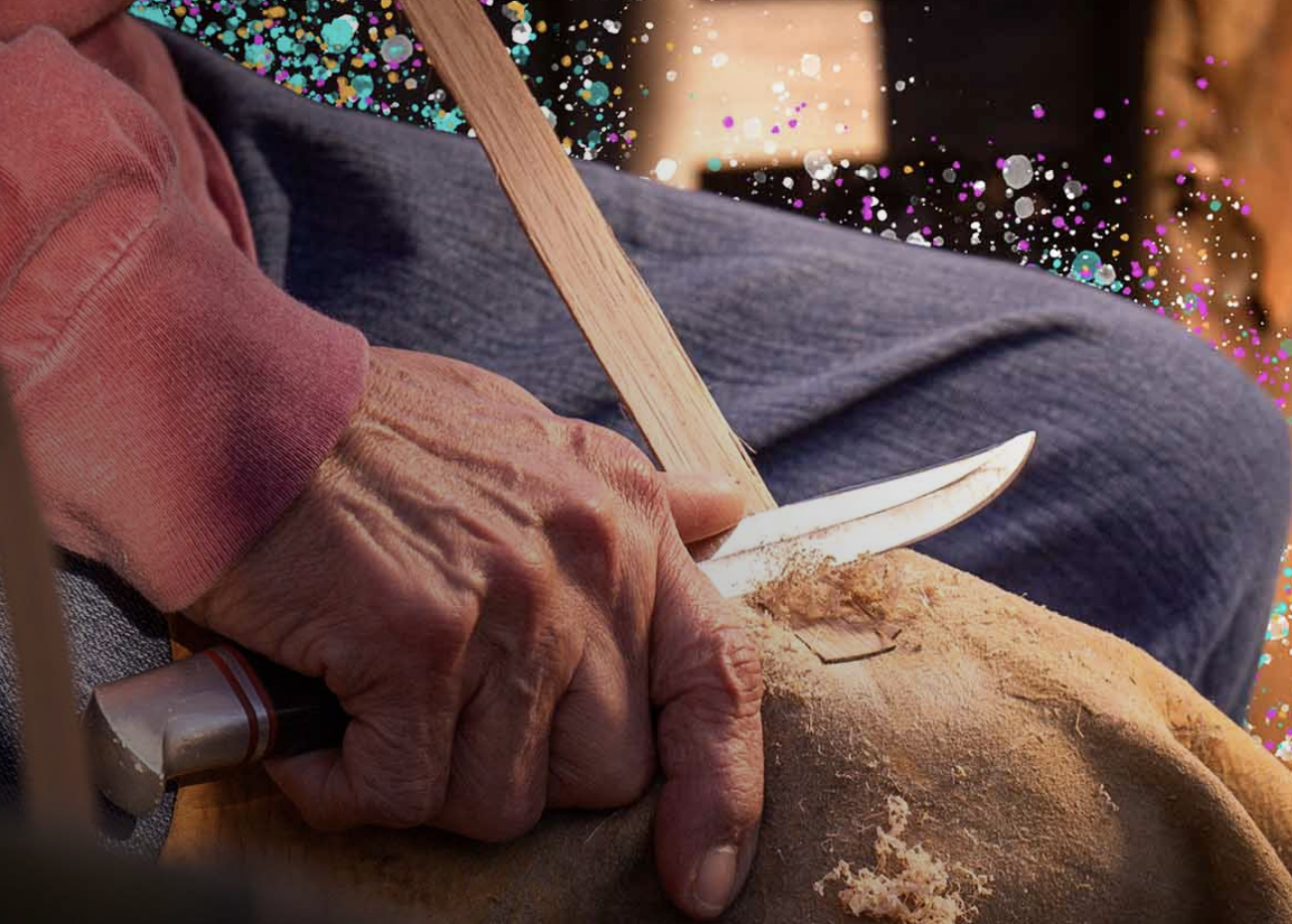
- Details
- By Kaili Berg
The National Endowment for the Arts (NEA) recently announced the awardees of its new ArtsHERE pilot program, designed to expand arts participation in underserved communities.
The initiative, in partnership with South Arts and U.S. Regional Arts Organizations, awarded grants ranging from $65,000 to $130,000 to 112 nonprofit organizations, totaling $12.356 million. These grants support projects aimed at capacity-building and fostering long-term community engagement through the arts.
“We are thrilled to provide resources to exceptional organizations through ArtsHERE,” said Maria Rosario Jackson, PhD, chair of the NEA. “Everyone should be able to live an artful life, and ArtsHERE is an important step in ensuring we are strengthening our nation’s arts ecosystem.”
ArtsHERE specifically addresses disparities in arts participation for historically underserved communities, particularly those affected by geography, race, ethnicity, economic barriers, or disability. With the support of President Biden’s Executive Order to advance equity, ArtsHERE acknowledges the essential role of the arts in fostering individual and social well-being.
Several Native American organizations are among the recommended grant recipients, with projects that aim to preserve and promote Native culture through arts education and community engagement. These include:
Alaska Native Heritage Center (Anchorage, Alaska)
Awarded $130,000, this project supports the Utuqqanaatmiñ Program (“From Our Elders”), promoting Alaska Native arts and traditional practices. It will offer community engagement initiatives that focus on preserving cultural heritage, fostering institutional support, and promoting healing through the arts.
Juneau Alaska Music Matters (JAMM) (Juneau, Alaska)
With a $105,610 grant, JAMM will expand its Lingít language music-based curriculum, blending cultural wisdom with education. The initiative includes professional development for educators and string teaching artists to create responsive, culturally-appropriate teaching practices.
Hopitutuqaiki (Kykotsmovi, Arizona)
Hopitutuqaiki, also known as the Hopi School, received $116,335 to support Hopi language preservation and art programs. This includes the development of social media strategies, symposiums, and art shows to promote traditional and contemporary Hopi arts.
Cheyenne River Youth Project (Eagle Butte, South Dakota)
A $110,000 grant will fund the creation of the first dedicated arts and culture facility on the Cheyenne River Reservation. This facility aims to provide Lakota youth and families access to culturally relevant arts programming.
First Peoples Fund (Rapid City, South Dakota)
Awarded $110,000, First Peoples Fund will use the funds to expand arts programming and data collection for its Oglala Lakota Artspace on the Pine Ridge Reservation. This project supports Native artists and promotes the cultural and ancestral practices of Indigenous communities.
Indigenous Performance Productions (Olympia, Washington)
With $130,000 in funding, this organization will enhance Indigenous performing arts by conducting research, expanding artist career resources, and developing a five-year strategic plan.
These organizations exemplify the ArtsHERE program’s commitment to fostering cultural preservation and increasing Indigenous arts participation. The NEA’s support of Native arts ensures that Indigenous voices continue to thrive and resonate in diverse communities across the United States.
As part of the ArtsHERE initiative, recipients will engage in peer-learning and technical assistance programs. This collaboration aims to bolster their efforts, ensuring the arts remain a vital part of historically underserved communities.
By investing in Native American organizations, the NEA and its partners recognize the critical importance of Indigenous cultural heritage and the role the arts play in promoting community health, resilience, and identity. Through ArtsHERE, the arts continue to serve as a transformative tool for social and cultural engagement.
More Stories Like This
Zuni Youth Enrichment Project Takes Top Emerging Artist Apprentices to Phoenix for Artistic Exploration and Cultural ImmersionFrom Dishwasher to Award-Winning Chef: Laguna Pueblo's Josh Aragon Serves Up Albuquerque's Best Green Chile Stew
Rob Reiner's Final Work as Producer Appears to Address MMIP Crisis
Vision Maker Media Honors MacDonald Siblings With 2025 Frank Blythe Award
First Tribally Owned Gallery in Tulsa Debuts ‘Mvskokvlke: Road of Strength’
Help us defend tribal sovereignty.
At Native News Online, our mission is rooted in telling the stories that strengthen sovereignty and uplift Indigenous voices — not just at year’s end, but every single day.
Because of your generosity last year, we were able to keep our reporters on the ground in tribal communities, at national gatherings and in the halls of Congress — covering the issues that matter most to Indian Country: sovereignty, culture, education, health and economic opportunity.
That support sustained us through a tough year in 2025. Now, as we look to the year ahead, we need your help right now to ensure warrior journalism remains strong — reporting that defends tribal sovereignty, amplifies Native truth, and holds power accountable.
 The stakes couldn't be higher. Your support keeps Native voices heard, Native stories told and Native sovereignty defended.
The stakes couldn't be higher. Your support keeps Native voices heard, Native stories told and Native sovereignty defended.
Stand with Warrior Journalism today.
Levi Rickert (Potawatomi), Editor & Publisher


